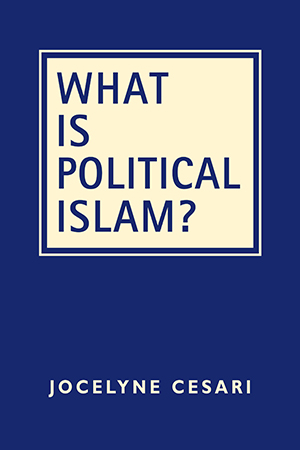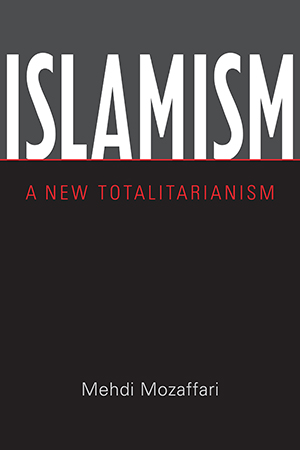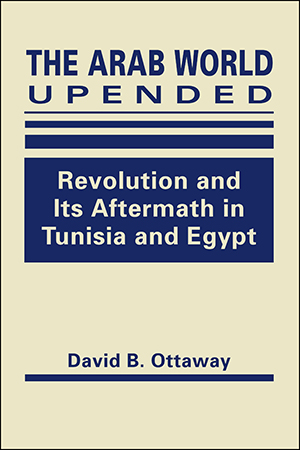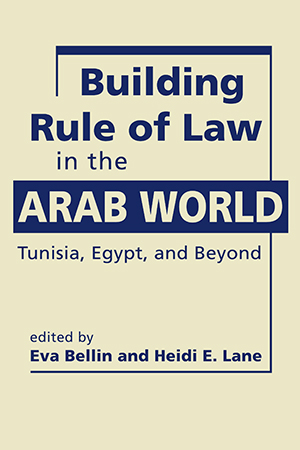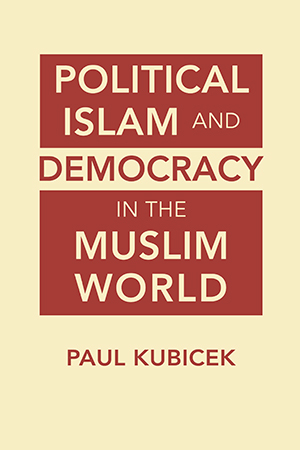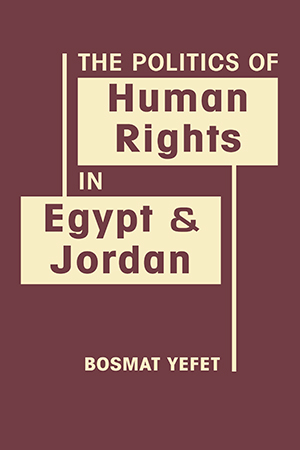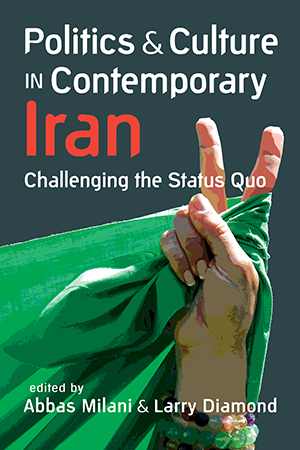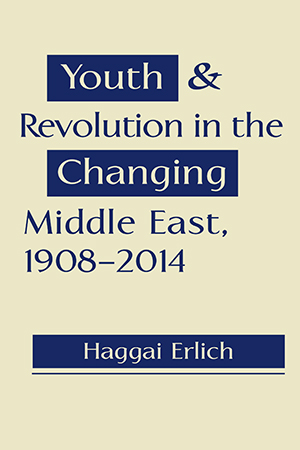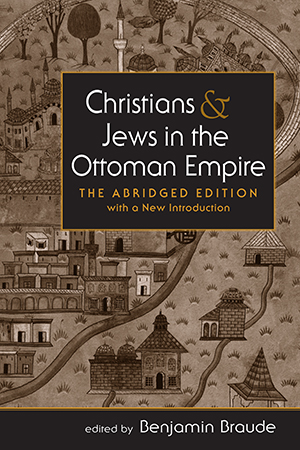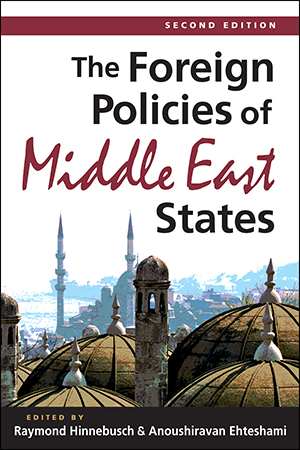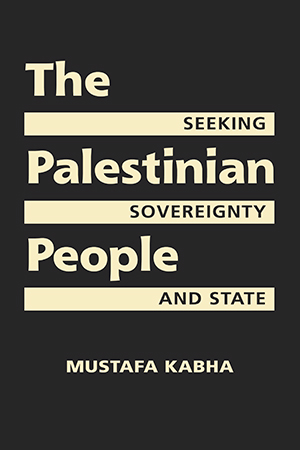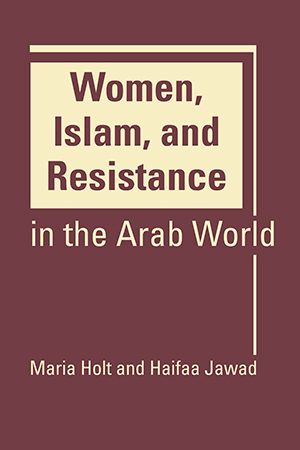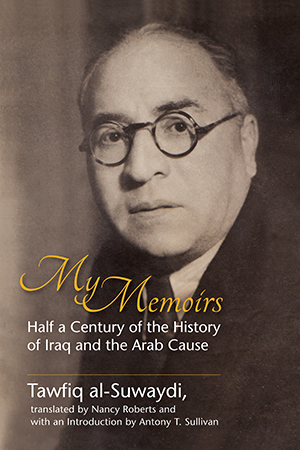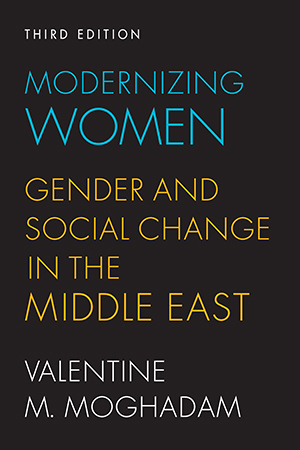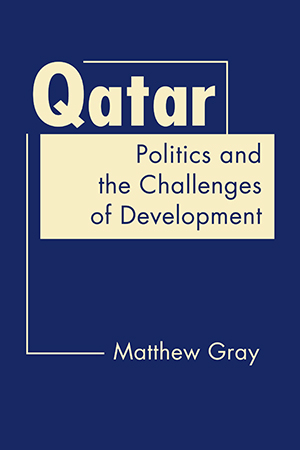Middle East
Honorable mention for ISA's Religion and International Relations Section Book Award! The debate continues unabated: Is political Islam decipherable through the tenets of the Islamic More >
What exactly is Islamism? And what explains its violent expansion in recent decades? Why are Islamists so determined to change the world order? Are there similarities between Islamism and More >
After the autocratic regimes in the seemingly unassailable police states of Tunisia and Egypt suddenly collapsed in 2011, the Islamic parties that took over quickly succumbed in turn to More >
How might Arab countries build the foundations for rule of law in the wake of prolonged authoritarian rule? What specific challenges do they confront? Are there insights to be gained from More >
Belying assertions of the incompatibility of Islam and democracy, many Muslim-majority countries are now or have been democratic. Paul Kubicek draws on the experiences of those countries to More >
Why did human rights claims have such a limited impact on the authoritarian status quo in the Middle East prior to the Arab Spring—and why are they so often thwarted now? What factors More >
Despite the relative calm apparent in Iran today, there is unmistakable evidence of political, social, and cultural ferment stirring beneath the surface. The authors of Politics and Culture More >
Though there is much discussion of the role of youth in recent upheavals in the Middle East, there are few serious analyses of just what that role has been. Haggai Erlich sheds important More >
How did the vast Ottoman Empire, stretching from the Balkans to the Sahara, endure for more than four centuries despite its great ethnic and religious diversity? The classic work on this More >
This new edition of The Foreign Policies of Middle East States reflects the momentous events and shifting dynamics that have occurred in the region in the nearly fifteen years since the More >
Mustafa Kabha plumbs the complex story of the Palestinian people, from the revolts of 1936-1939 to the present, focusing on their efforts to establish a viable independent state—and More >
How are women in the Arab world negotiating the male-dominated character of Islamist movements? Is their participation in the Islamic political project—including violent resistance More >
These memoirs of the distinguished Iraqi statesman Tawfiq al-Suwaydi (1892-1968) evocatively recapture a now largely vanished Arab world—and are an eloquent reminder that Iraq was once More >
Valentine Moghadam's seminal study of the gendered nature of political and social processes in the Middle East and North Africa has been fully updated to reflect more than a decade of More >
A small isthmus in the central Gulf, with barely 300,000 citizens and a total population of 1.7 million, Qatar has risen rapidly from obscurity to become the world's wealthiest country More >


